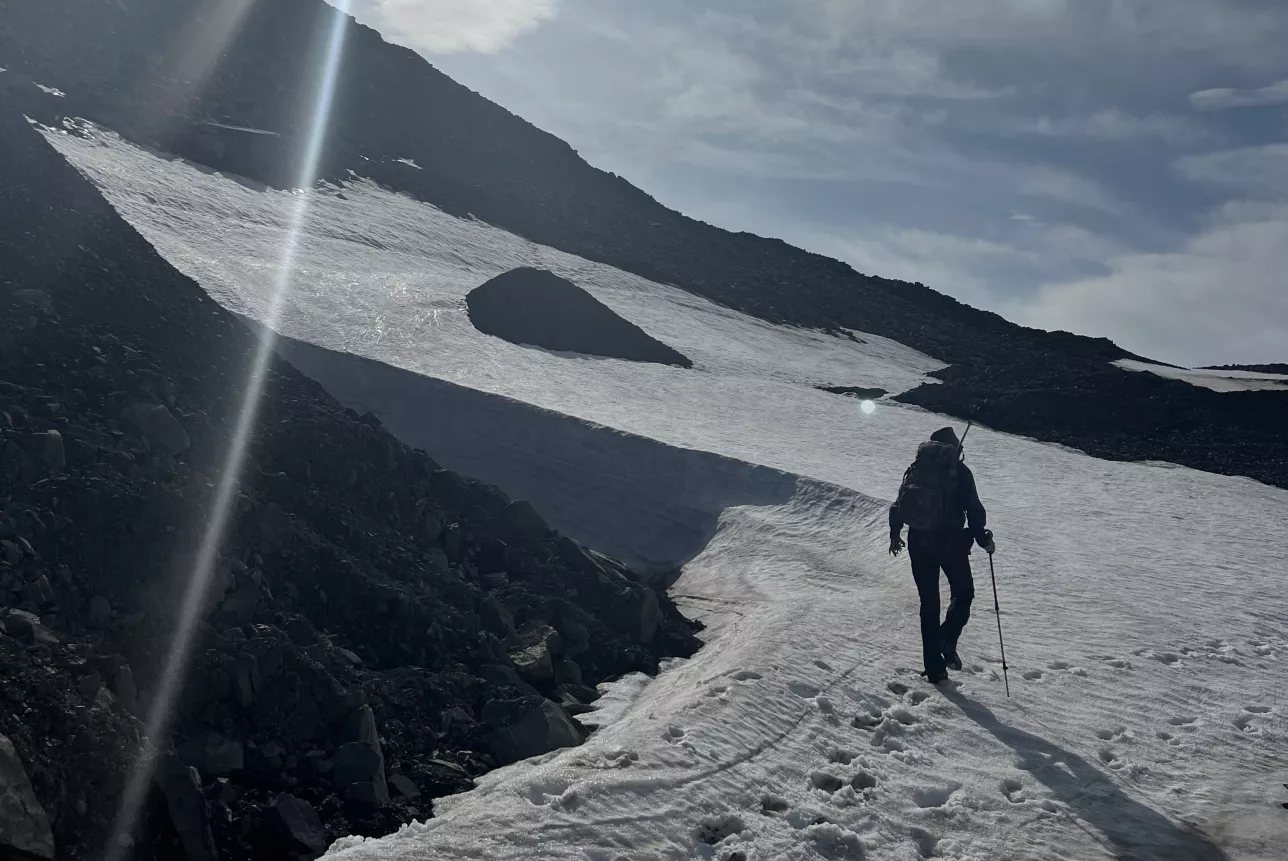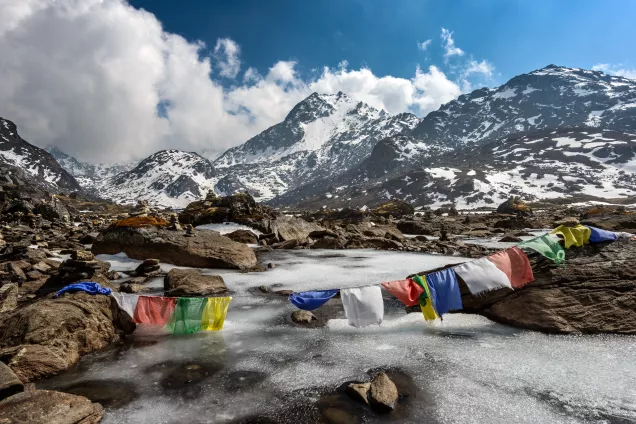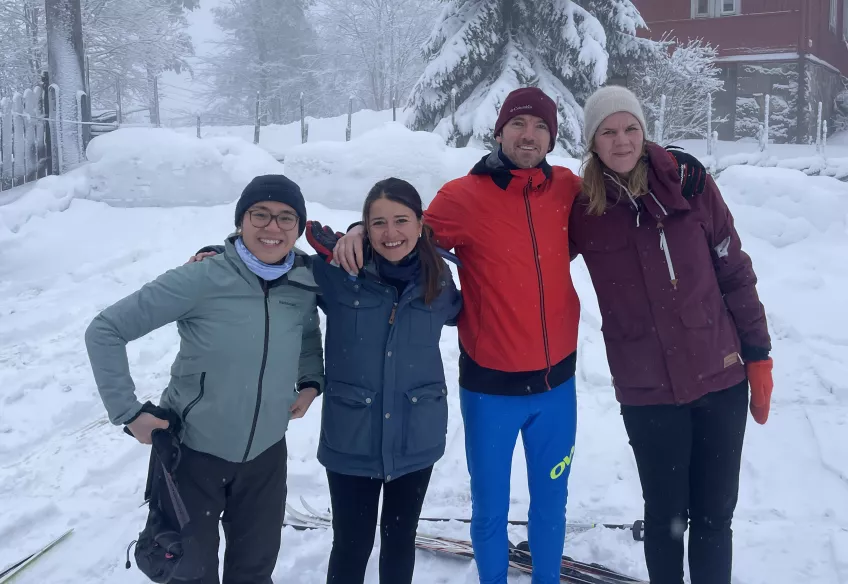Glacierized ecosystems and societies
Key research area at LUCSUS
Around the world, glaciers are retreating at unprecedented rates due to climate change. Billions of people are dependent on glaciers for their survival, and glaciers and mountain ecosystems support societies in many ways: providing water for drinking and agriculture, generating hydroelectric energy, driving tourism and other types of livelihoods, and as places of spiritual meaning.
LUCSUS researchers are mapping social, economic and ecological impacts in relation to glacial change, and integrate biodiversity studies with climate change adaptation.

The research aims to identify the ways in which societies engage with nature and glaciers in the age of climate change, by in-depth study of human-nature relationships, and integration of different research fields such asecosystem services valuation, political ecology and glaciology.
Biodiversity loss and climate change are inseparable challenges which have to be addressed together. In the project NatureICE (Changing social and cultural values of nature: Exploring plural values of human-nature relationships in glacierized environments) researchers are using a taxonomy of plural values to identify the ways in which societies engage with nature and glaciers in the age of climate change. The project explores and document how energy security, tourism, indigenous livelihoods as well as spiritual connections are affected glacierized environments in Scandinavia and the Himalayas.
This research area aims to impact the following SDGs
A broad overarching societal value of the research area is that it could make an incremental but meaningful contribution to the wider sustainable development goals. By providing social science data on the impacts of cryosphere change, this study contributes to the need to harmonize global agreement of Sustainable Development Goals SDG 7, SDG 10, SDG 11,SDG 13, SDG 15.
Partners
LUCSUS has collaborators across the world for advancing the key research area on Glacierized ecosystems and societies.
Partners include: glaciologist Dr. Anna Sinisalo (GRID-Arendal), Dr. Yongmei Gong (NTNU) and ecological economist Prof. Erik Gomez-Baggethun (The Norwegian Institute for Nature Research-NINA)

NaturICE
Research to explore plural values of human-nature relationships in glacierized environments.
